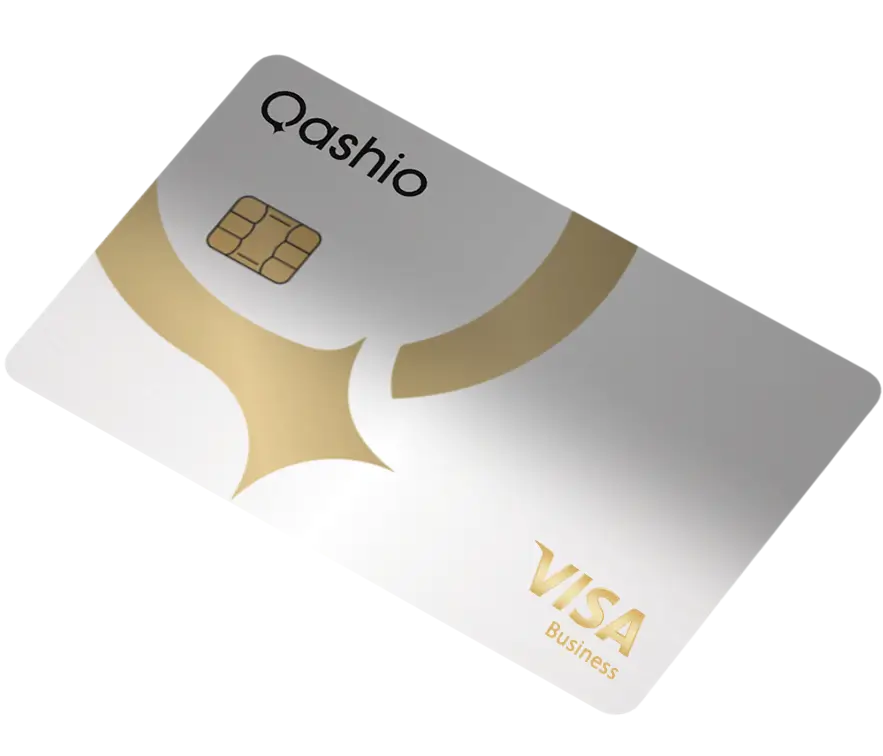As a business owner, keeping track of expenses is crucial for maintaining financial health and ensuring accurate financial reporting. However, expense tracking can often be a time-consuming and tedious task. The good news is that with the right strategies and tools, you can streamline your expense-tracking process and save valuable time and resources. In this blog post, we will explore five essential tips to help you streamline your business expense tracking.
1. Utilize Digital Tools for Expense Tracking
Gone are the days of sifting through piles of receipts and manually entering expenses into spreadsheets. Embrace the convenience of digital tools specifically designed for expense tracking. One tool worth considering is Qashio, a user-friendly platform that simplifies the expense tracking process. These tools allow you to capture receipts digitally, automatically categorize expenses, and generate detailed reports effortlessly.
2. Regularly Review and Categorize Expenses
To ensure accurate financial reporting, it’s essential to review and categorize expenses regularly. Set aside time each week or month to review your expense records and assign appropriate categories. This practice not only helps you maintain accurate financial records but also provides valuable insights into spending patterns and areas where you can optimize costs.
3. Set Up a System for Receipts
Receipts are crucial for verifying expenses and supporting any potential audits. Implement a system where you can easily collect and organize receipts. Consider using digital receipt scanning apps or cloud storage solutions to store and access receipts conveniently. This way, you can quickly retrieve receipts when needed and eliminate the hassle of managing paper receipts.
4. Train Employees on Expense Policies
Improper expense reporting by employees can lead to inaccuracies and compliance issues. Therefore, it’s essential to train your employees on your company’s expense policies and procedures. Ensure they understand the guidelines for expense submission, required documentation, and any spending limits. Clear communication and training will help foster a culture of responsible spending and accurate reporting.
5. Regularly Audit Expense Reports
Regularly auditing expense reports is crucial for identifying errors, detecting fraudulent activities, and ensuring policy compliance. Schedule periodic audits to review expense reports in detail. Look for any discrepancies, unapproved expenses, or potential policy violations. By conducting regular audits, you can address issues promptly and make necessary adjustments to your expense policies if needed.
By implementing these tips and strategies, you can streamline your business expense tracking process, save time, and maintain accurate financial records. Remember to choose the right digital tools, set up regular review schedules, develop efficient receipt management systems, create comprehensive expense policies, and conduct regular audits. With a streamlined expense tracking system in place, you can focus more on growing your business and less on administrative tasks.
Take control of your expenses today and enjoy the benefits of accurate and efficient expense tracking. Your business will thank you for it!
Disclaimer: This blog post provides general information and should not be considered as professional advice. Always consult with a qualified financial advisor or compliance specialist for specific guidance tailored to your organization’s needs and circumstances.
Interested to learn more about how Qashio can help streamline your business expenses?

